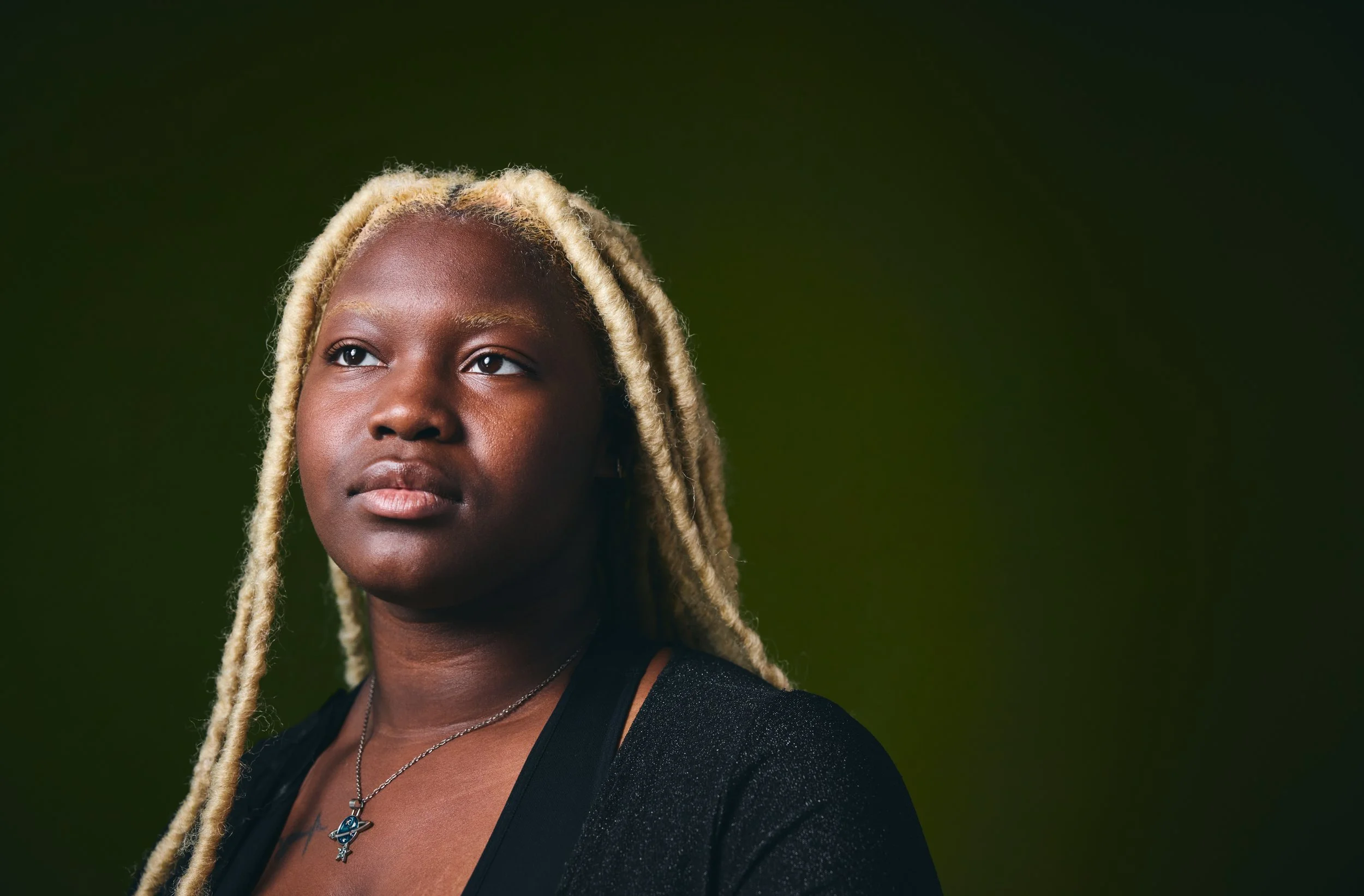You can step out of survival mode
EMDR Therapy in New York State
Have you struggled with the lasting affects of painful or traumatic experiences?
You move through the world and life looks “successful” or “fine” on the outside. As a Black queer professional, you’re excelling at work, showing up for your community, and holding it all together. But beneath the surface, old wounds can linger. Trauma often lives on in the body and nervous system, showing up as chronic anxiety, a deep sense of disconnection, or the feeling that you’re not “good enough” — even when everything seems okay.
Through EMDR therapy, I offer a supportive and affirming space to gently process the painful experiences you’ve been carrying for too long. Together, we can support your return to ease, connection, and a deeper sense of thriving.
While EMDR was originally developed to treat PTSD, it has also been shown to be effective for:
Panic attacks
Complicated grief
Dissociative disorders
Disturbing memories
Phobias
Pain disorders
Performance anxiety
Stress reduction
Sexual and/or physical abuse
Body dysmorphic disorders
Personality disorders
You’re ready to feel like you again.
How therapy works
You can heal from the past and thrive.
Healing isn’t linear—and it doesn’t have to look like talking through every painful memory. EMDR (Eye Movement Desensitization and Reprocessing) is a powerful therapy approach that helps your brain and body process the experiences that have shaped you, especially the ones that still linger beneath the surface.
For Black queer folks, the stress of constantly navigating a world not built for us can leave a lasting imprint on the nervous system—showing up as anxiety, self-doubt, or the feeling of always being “on.” You could also be carrying wounds from early childhood that are quietly shaping your inner world.
In our work together, EMDR offers a way to gently move through what’s stuck without having to relive every detail. This is a space where you don’t have to explain your identity or defend your experience—where your full self is honored, and your healing is centered.
EMDR Therapy can help you…
Heal Trauma: From past abuse to unexpected losses, EMDR helps untangle painful memories and their effects.
Ease Anxiety: If anxiety is running the show, EMDR can help calm your mind by addressing what’s fueling it.
Overcome Phobias: Whether it’s a fear of flying or public speaking, EMDR digs deep to help you find relief.
Build Self-Esteem: By rewriting old, negative beliefs, EMDR helps you rebuild confidence and self-worth.
Frequently asked questions about trauma therapy
FAQs
-
EMDR helps your brain reprocess difficult experiences so they no longer feel as overwhelming or stuck. Using techniques like eye movements or tapping, we engage both sides of the brain while you focus on specific memories, emotions, or body sensations. Over time, this can reduce the emotional charge of past experiences and help you feel more grounded in the present. Learn more.
-
Trauma doesn’t always come from one big, obvious event. It can be the accumulation of moments where you felt unsafe, unseen, or like you had to hide parts of yourself to survive. If you find yourself constantly on edge, stuck in self-doubt, struggling to relax, or feeling like you’re “too much” or “not enough,” these can be signs of unresolved trauma—especially for Black queer folks navigating a world that often overlooks or invalidates our experiences. You don’t have to have a specific label for what you’ve been through to deserve support and healing. Learn more.
-
If you feel stuck in patterns that talk therapy alone hasn’t shifted—like anxiety, low self-worth, people-pleasing, or constantly being “on guard”—EMDR might be a good fit. It’s especially helpful if you’ve had painful experiences that still feel present in your body or nervous system, even if you can’t fully put them into words. EMDR can support folks who’ve experienced racial trauma, identity-based harm, or childhood wounds, and it doesn’t require you to retell every detail. If you’re open to healing in a deeper, body-based way, you might be ready for EMDR. Learn more
-
If you are interested in starting EMDR therapy click here to book a free 20 minute consultation.

